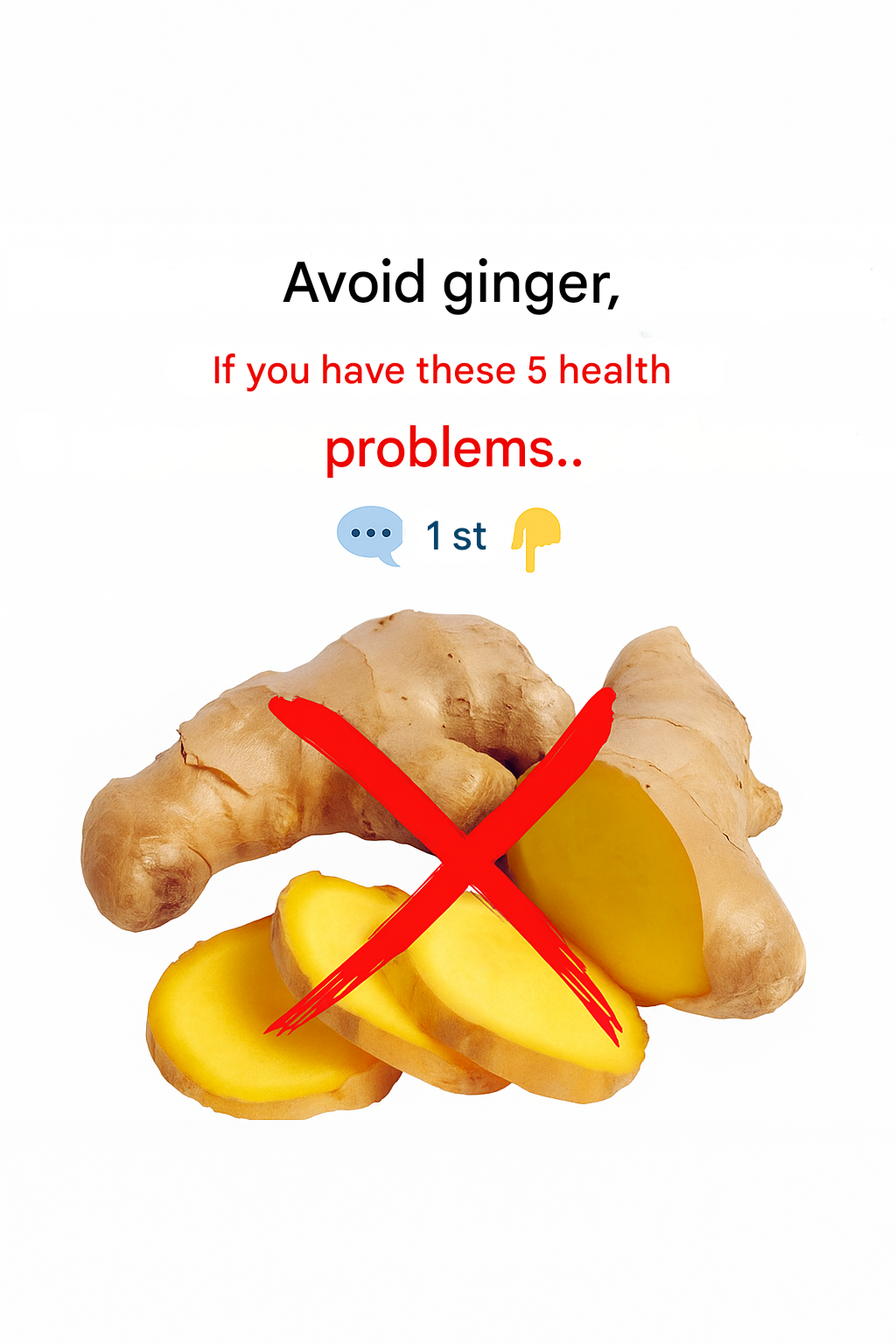Ginger tea is a natural remedy known for its powerful anti-inflammatory and antioxidant properties.
It relieves nausea, aids digestion, reduces swelling, and soothes sore throats and coughs. Regular consumption can strengthen the immune system, promote heart health, improve circulation, and help regulate blood sugar levels.
Ginger tea also provides mild relief from muscle and joint pain and can contribute to mental relaxation and stress reduction.
Although ginger tea is generally safe and beneficial for most people, certain groups should avoid or limit its consumption due to potential health risks or interactions.
Here’s who shouldn’t drink ginger tea (or should consult a health professional first):
People suffering from hypoglycemia or taking antidiabetic medication.
Why? Ginger can lower blood sugar.
Risk: Potentially dangerous hypoglycemia when combined with antidiabetic medications such as insulin or metformin.People with bleeding disorders.
Why? Ginger may increase bleeding tendency.
Examples: hemophilia, von Willebrand disease.People suffering from gallstones.
Why? Ginger can stimulate bile production.
Risk: Possible worsening of symptoms or triggering a gallstone attack.
